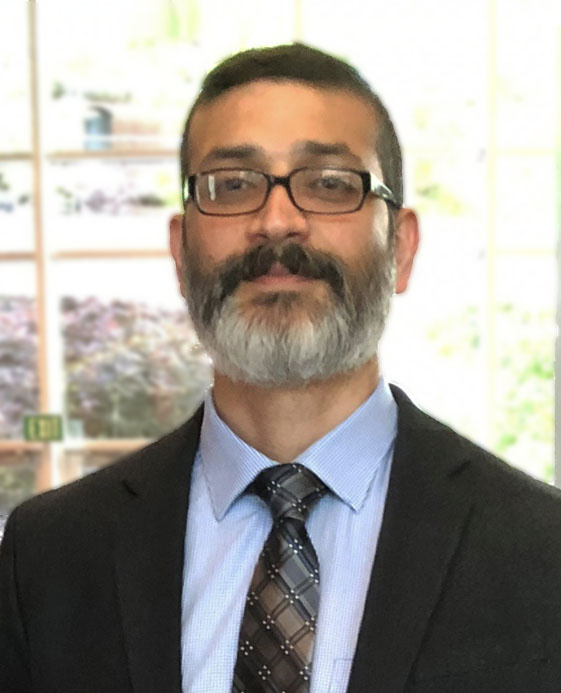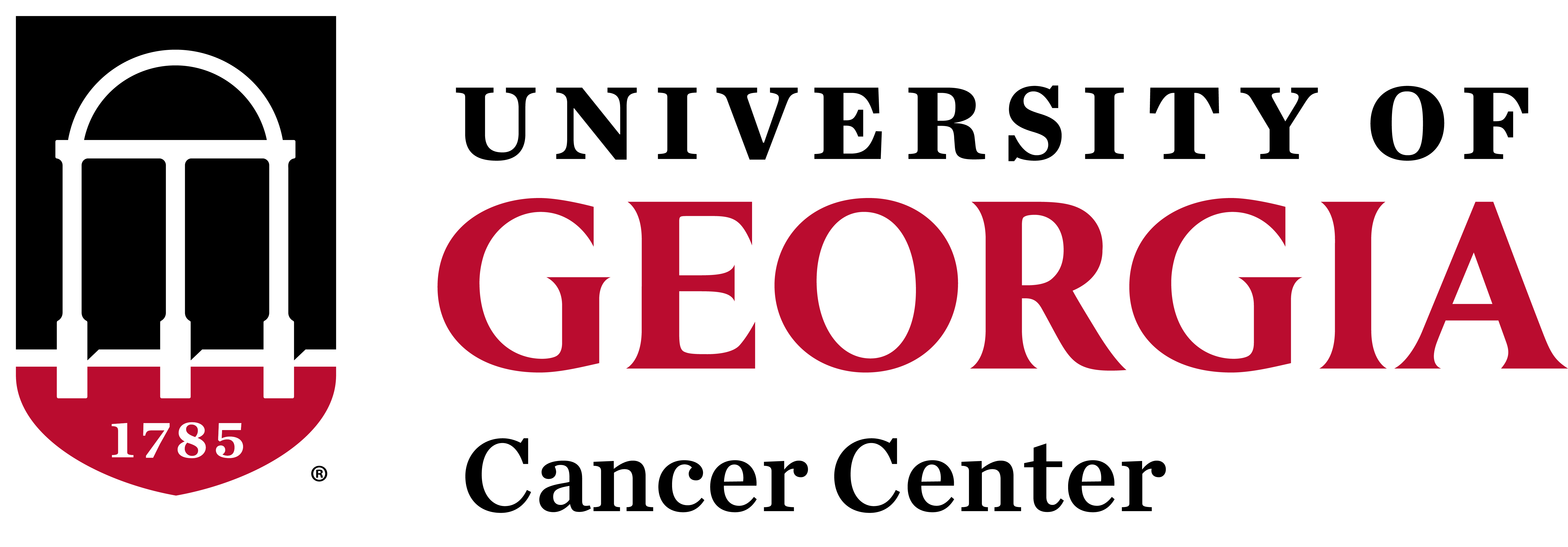
Lohitash Karumbaiah
Dr. Karumbaiah joined the University of Georgia’s Regenerative Bioscience Center and Animal Science Department in October 2013, where he is currently associate professor of regenerative medicine. His research is focused on the design and development of novel interventional therapies to combat traumatic brain injuries and invasive brain tumors. Dr. Karumbaiah received his PhD in 2007 from the University of Georgia. He subsequently joined Prof. Ravi Bellamkonda’s group in the Wallace H. Coulter Department of Biomedical Engineering at Georgia Institute of Technology and Emory University School of Medicine, where he designed and developed novel biomaterials for neural tissue repair. His research interests include (1) gaining a better understanding the brain tumor microenviroment in order to develop targeted therapies to stem tumor invasion and enhance the efficacy of standard-of-care therapeutics; and (2) the development of novel glycomaterial scaffolds and functional electrical stimulation tools to help trigger the endogenous regenerative cascade and facilitate functional recovery following traumatic insults to the nervous system. His laboratory has developed novel glycomaterials, microfluidic devices, and functional electrical stimulation tools to answer fundamental questions related to these areas of study. Dr. Karumbaiah has previously worked in product development and on new product launch projects at Monsanto Company, and served as study director for a medical device company. His research is funded by multi-year grants from the National Institutes of Health (NIH), National Science Foundation (NSF) Engineering Research Center for Cell Manufacturing Therapies (CMaT), the Alliance for Regenerative Rehabilitation Research and Training (AR3T), and seed-grants from the Regenerative Engineering and Medicine (REM) partnership.
Bibliography: http://www.ncbi.nlm.nih.gov/sites/myncbi/lohitash.karumbaiah.1/bibliography/40232329/public/?sort=date&direction=ascending
- (706) 542-2017
- Dr. Karumbaiah joined the University of Georgia’s Regenerative Bioscience Center and Animal Science Department in October 2013, where he is currently associate professor of regenerative medicine. His research is focused on the design and development of novel interventional therapies to combat traumatic brain injuries and invasive brain tumors. Dr. Karumbaiah received his PhD in 2007 from the University of Georgia. He subsequently joined Prof. Ravi Bellamkonda’s group in the Wallace H. Coulter Department of Biomedical Engineering at Georgia Institute of Technology and Emory University School of Medicine, where he designed and developed novel biomaterials for neural tissue repair. His research interests include (1) gaining a better understanding the brain tumor microenviroment in order to develop targeted therapies to stem tumor invasion and enhance the efficacy of standard-of-care therapeutics; and (2) the development of novel glycomaterial scaffolds and functional electrical stimulation tools to help trigger the endogenous regenerative cascade and facilitate functional recovery following traumatic insults to the nervous system. His laboratory has developed novel glycomaterials, microfluidic devices, and functional electrical stimulation tools to answer fundamental questions related to these areas of study. Dr. Karumbaiah has previously worked in product development and on new product launch projects at Monsanto Company, and served as study director for a medical device company. His research is funded by multi-year grants from the National Institutes of Health (NIH), National Science Foundation (NSF) Engineering Research Center for Cell Manufacturing Therapies (CMaT), the Alliance for Regenerative Rehabilitation Research and Training (AR3T), and seed-grants from the Regenerative Engineering and Medicine (REM) partnership.
- https://www.karumbaiahlab.org/
